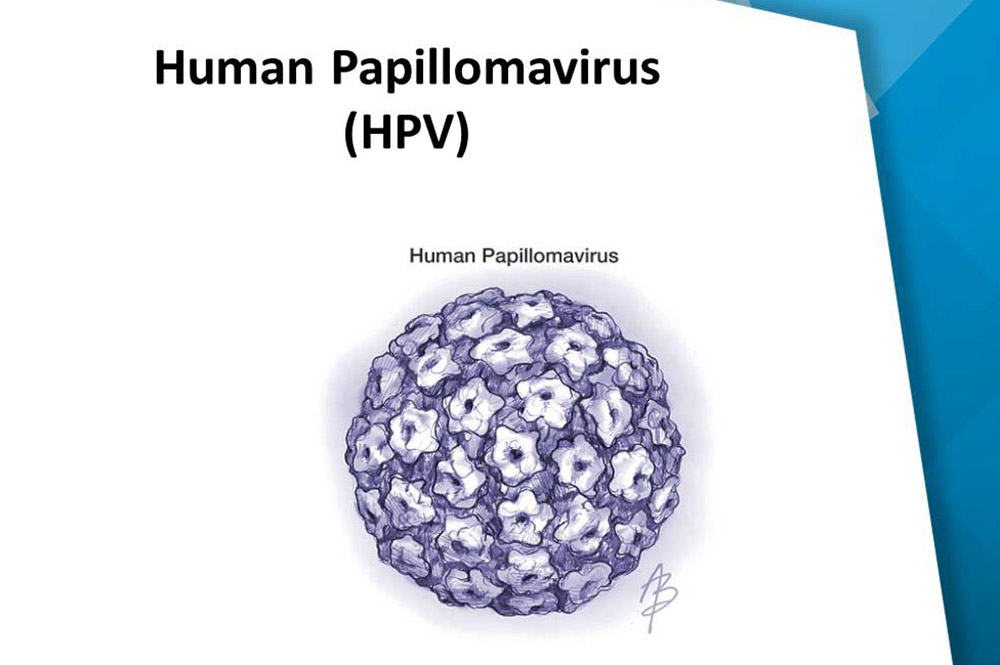HPV is the most common viral infection of the reproductive tract. Nearly all sexually active people can get HPV at some point in their lives. It is transmitted through sexual intercourse, or other forms of skin-to-skin contact of the genitals. For this reason, it is recommended to get the vaccine before becoming sexually active.
The most common reactions to vaccination are: pain, redness, and swelling at the site of injection. Other common events are fatigue, headache, muscle and joint pain, rash, gastroenteritis and fever.
Why vaccinate against HPV? Cervical cancer is the third most common cancer among women around the world. It is estimated that each year there are 1,507 new cases and about 600 deaths from cervical cancer in the Dominican Republic. In our country HPV is the second type of cancer that occurs in the female sex.
Es la causa de la infección vírica más común del tracto reproductivo. La mayoría de las mujeres y los hombres sexualmente activos contraerán la infección en algún momento de su vida. Este se transmite por la vía sexual, si bien no es necesario que haya una relación sexual con penetración para que se produzca la transmisión. El contacto directo con la piel de la zona genital es un modo de transmisión reconocido. Por lo que se recomienda vacunar antes de la exposición a los PVH, dígase antes del inicio de la vida sexual activa.
Las reacciones más comunes a la vacunación son: dolor, enrojecimiento e hinchazón en el lugar de la inyección. Otros eventos comunes son la fatigan, cefalea, dolor muscular y dolor en las articulaciones, rash, gastroenteritis y fiebre.
Porque Vacunarnos contra HPV? El cáncer cervical es el tercer cáncer más común entre mujeres de todo el mundo. Se estima que cada año hay 1,507 casos nuevos y alrededor de 600 muertes por cáncer de cuello uterino en República Dominicana. En nuestro país significa el segundo tipo de cáncer que se presenta en el sexo femenino.
Maricarmen Atizol,
Enfermera.



